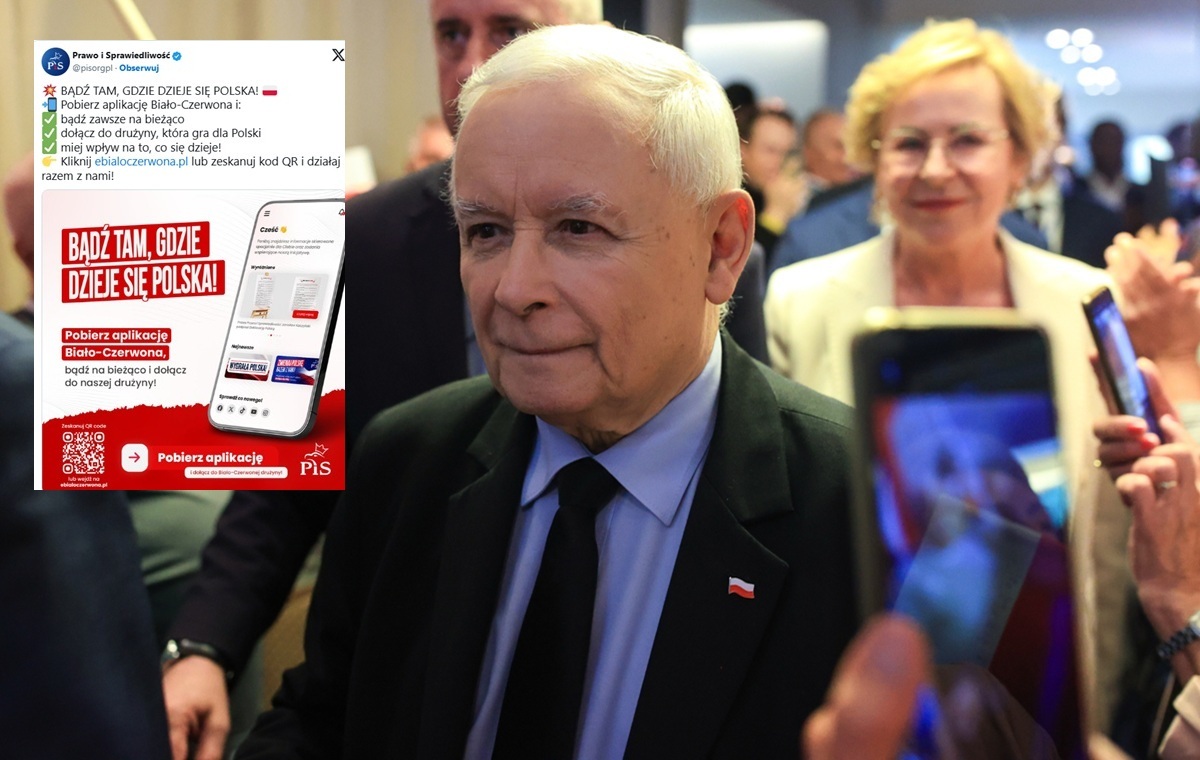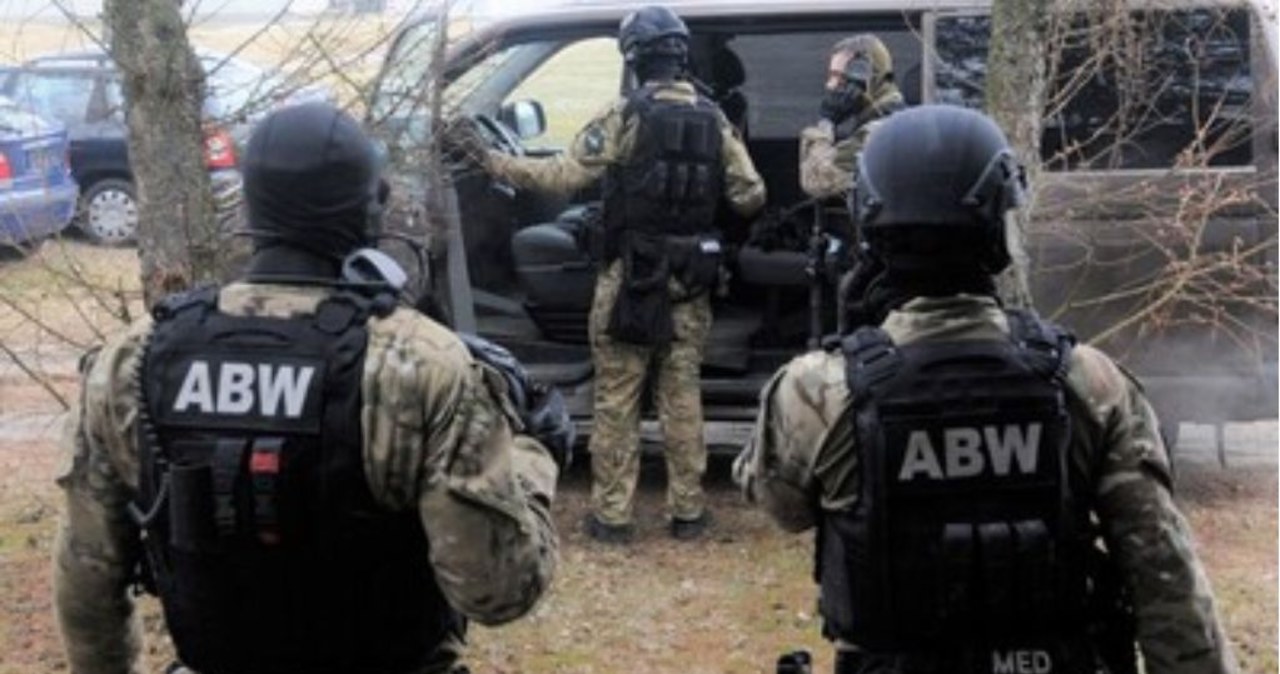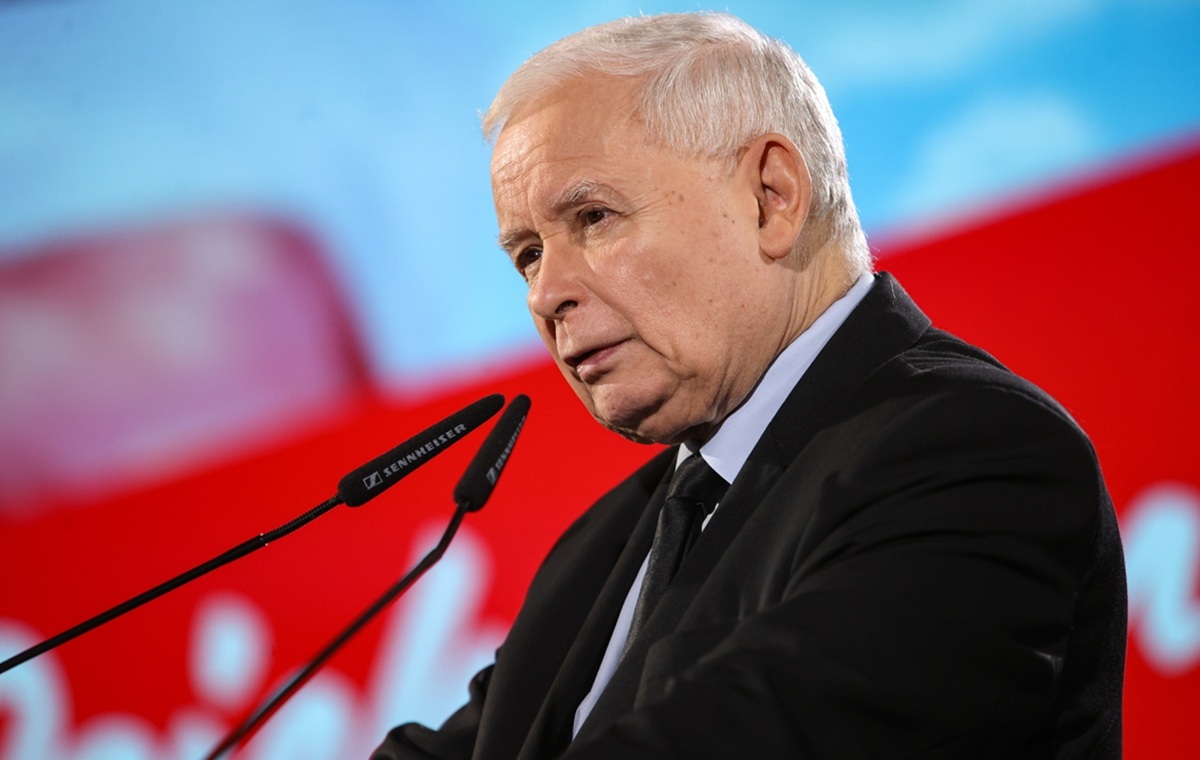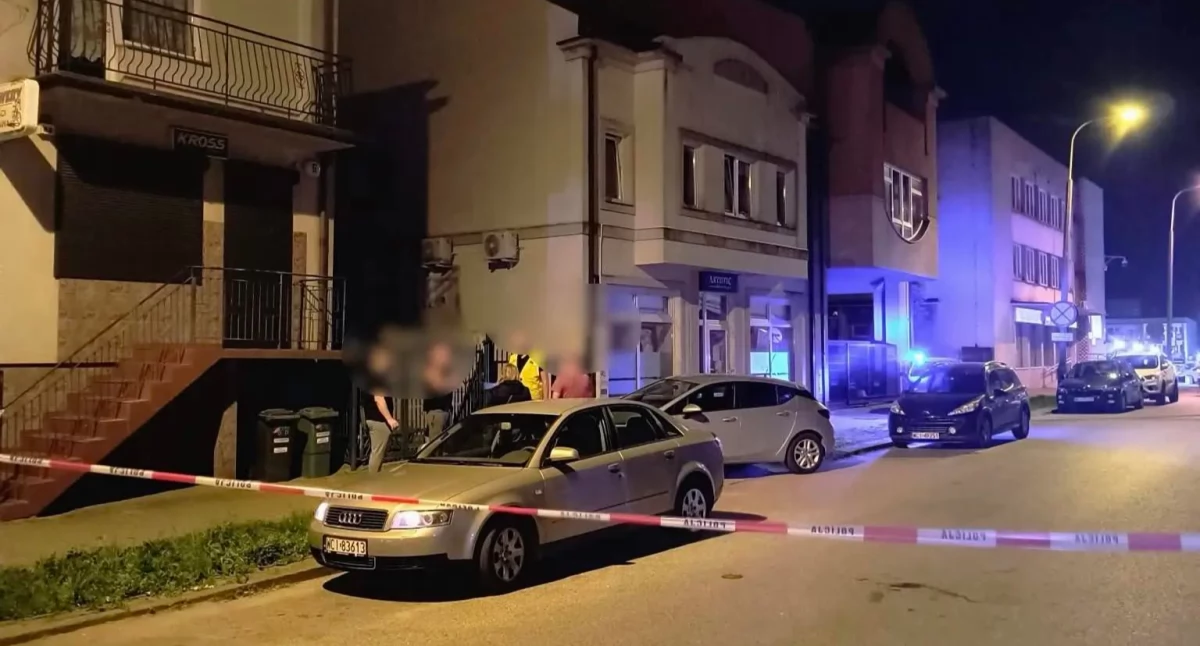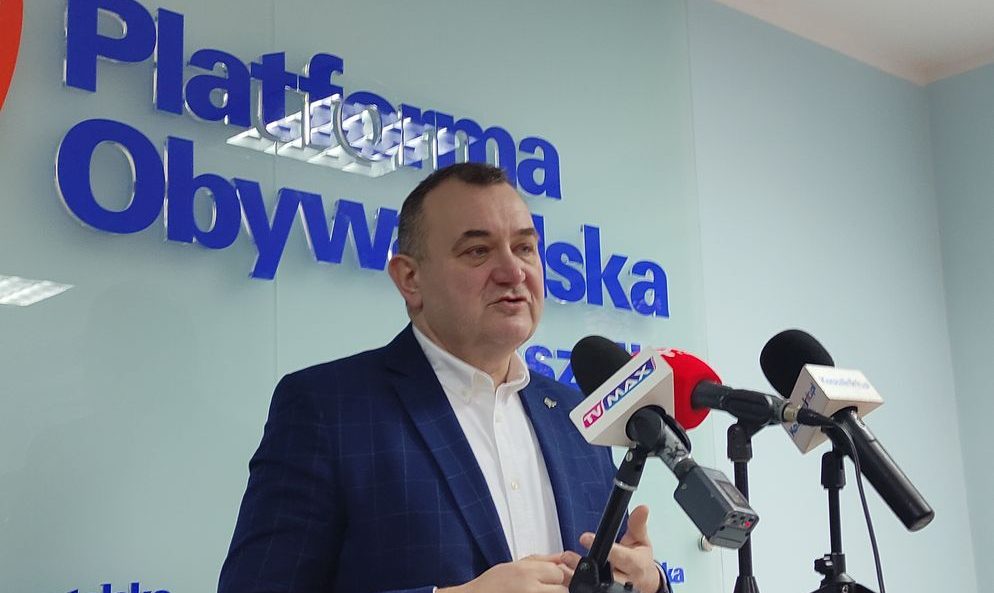ERYWAN: Despite the historical step of finalising the peace treaty between Armenia and Azerbaijan, the road to its signing remains bumpy. The past fewer weeks have been marked by increasing tensions, common accusations of violations of ceasefire and serious discrepancies in the explanation of key political and military issues.
Home
- Peace treaty – milestone or mirage?
- The series of accusations and the position of Armenia
- MFA of Armenia: "We do not escalate, we implement the agenda of peace"
- Constitutional controversies and OSCE Minsk Group
- The issue of transport connections and the "mountain country"
- Military rhetoric and fear of force
- Question of the Future
Peace treaty – milestone or mirage?
On March 13, 2025, Armenia and Azerbaijan announced an agreement on the content of the peace agreement – for the first time in over 3 decades of conflict. This act was enthusiastically adopted by the global community, including the European Union, the United States and Poland.
"Poland welcomes the agreement on the text of the peace agreement between Armenia and Azerbaijan and hopes to sign it quickly" – the Polish Ministry of abroad Affairs wrote on platform X on March 15. "A peaceful solution to the conflict will contribute to the stabilisation and improvement of cooperation in the region, bringing benefits to both countries".
The Armenian Ambassador to Poland stressed in a message that Armenia, experienced by its own safety problems, is profoundly aware of the threats in the region and remains consistently active in building lasting peace.
The series of accusations and the position of Armenia
However, it has not been a fewer days since peace advancement was announced, and the situation has escalated again. From 16 to 18 March, the Azerbaijan Ministry of Defence published six reports in which it accused the Armenian Armed Forces of violating the ceasefire. In response, the Ministry of Defence of Armenia carried out checks which completely rejected these allegations.
"No facts or evidence of alleged violations on the part of Armenia have been provided," says the Prime Minister's Chancellery of 18 March. Armenia besides recalled that it had already proposed on 22 June 2024 the establishment of a common investigative mechanics for investigating the incidents of a truce violation – a proposal Azerbaijan inactive has not responded to.
Armenia maintains its readiness to consult on the date and place of signature of the peace agreement and calls for work to be started on the delimitation of state borders.
MFA of Armenia: "We do not escalate, we implement the agenda of peace"
In an interview with the Armenpress agency on March 19, the spokesperson for the MFA of Armenia Ani Badallyan referred to further accusations by Azerbaijan. "The government of Armenia has repeatedly stressed that it has no intention to escalate the situation. Armenia's Armed Forces operate in accordance with the logic of peace," she said.
Badallyan powerfully denied that Armenia was offering proposals "impossible". As she noted, Armenia and Azerbaijan officially announced the conclusion of the negotiations and the finalisation of the text of the peace treaty. It is so logical to sign the document, and the beginning of consultations on the time and place of signature of the paper cannot be considered to be overly complicated.
Constitutional controversies and OSCE Minsk Group
Discussions between the 2 countries besides cover organization issues. Azerbaijan called for the resolution of the Minsk OSCE Group and changes in the Constitution of Armenia.
Badallyan replied to these allegations by arguing that Armenia does not have in the Constitution provisions of a plea against Azerbaijan – as confirmed by the judgement of the Constitutional Court of September 2024. On the contrary, the Constitution of Azerbaijan contains provisions suggesting territorial claims.
"The formalised peace treaty implies common designation of territorial integrity within the borders of the republics of the USSR, deficiency of claims and commitment not to issue them in the future", stressed the MFA spokesperson. She added that the paper prohibited recourse to interior law as an obstacle to its implementation.
 Armenia – home destroyed by fire from Azerbaijan in 2023.
Armenia – home destroyed by fire from Azerbaijan in 2023. The issue of transport connections and the "mountain country"
The next point of the dispute is the beginning of transport connections between the western regions of Azerbaijan and Nachichewan. Baku accuses Yerevan of offering besides long and hard routes.
‘Armenia has no unilateral obligations in this matter. We propose the shortest possible railway connection: Zangelan–Meghri–Ordubad–Yeraskh," Badalyan said. She besides added with irony that "the accusing of Armenia of being a mountainous country is at least unimportant".
In January 2025 Armenia sent Azerbaijan a written proposal on rail transport and common arms control. She hasn't received an answer yet.
Military rhetoric and fear of force
Azerbaijan accuses Armenia of militarizing the border and preparing for aggression. Badallyan powerfully denies this: “The only thing Armenia is prepared to do is to defy aggression. It's all country's legal right. Our military presence is purely defensive.”
She besides recalled that Armenia had already proposed a mirrored withdrawal of troops from the border in 2021 – a proposal that Azerbaijan rejected. Today, Erevan calls again for the creation of a common arms control mechanism.
Question of the Future
The peace treaty, although finalised, remains without signature. Armenia is committed to dialogue, cooperation and compromise. At least officially, Azerbaijan responds with accusations and delays.
"The Republic of Armenia is ready to proceed working with Azerbaijan on the delimitation of the state border, as agreed by the border committees of both countries", the Prime Minister's Chancellery stated.
Will both countries take advantage of the historical chance to end decades of conflict? Will border tensions and political differences put an end to the possible of lasting peace? Time will tell. 1 thing is certain: the future of the South Caucasus present depends more on political decisions than on geography or history.
“We all want peace in Armenia, but our neighbour seems to benefit more from war and instability,” he says to the writer of the Information Agency asking for anonymity an army officer of the Republic of Armenia. – As Christians, we pray for peace and a good future for our children, but the Azerbaijani clearly want to proceed their jihad against us.
AI World, Armenia KIN, Source: Armenpress 21.03.2025


